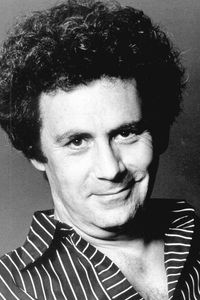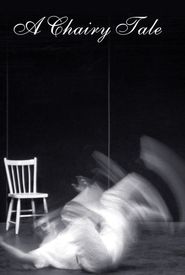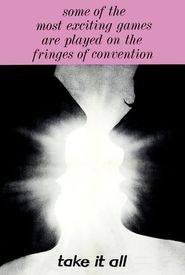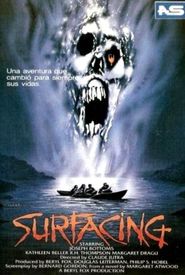As a young adult of 22, he completed his medical studies to appease his parents, yet his true passion lay in the realms of visual arts and cinema. His affinity for filmmaking began during his teenage years, when he collaborated with renowned director Michel Brault on two short films. In 1953, he penned a television script, foreshadowing his future endeavors in the industry.
The following year, he joined the Office national du film du Canada (National Film Board),marking the beginning of his illustrious career. His first feature film was produced in 1958, after which he traveled to France to work alongside esteemed directors François Truffaut and Jean Rouch.
The 1960s saw him become an integral part of the 'cinema direct' movement, returning to Quebec and continuing his creative journey. In 1971, he directed the critically acclaimed film My Uncle Antoine, widely regarded as his magnum opus and one of the greatest works of Canadian cinema.
As the 1970s progressed, Jutra relocated to Toronto, where he found it easier to secure funding for his projects. Unfortunately, he began to struggle with early-onset Alzheimer's disease, a condition he was intimately familiar with due to his medical training.
Tragically, Jutra chose to take his own life, mirroring the fate of the character he created in Take It All (1963). He drowned himself in the icy waters of the St. Lawrence River, his body not recovered until the following spring.





























